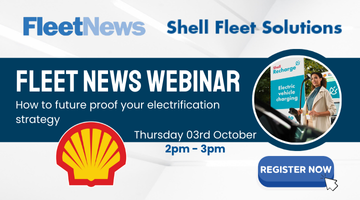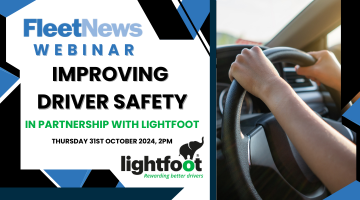From over 100 fleet decision-makers surveyed, 41% said that reducing cost was their single most important objective and a further 21% listing it as their second key objective.
Meanwhile, 38% said reducing business risk (duty of care) was their most important fleet objective with a further 25% rating managing occupational road risk as second on their list of fleet priorities.
With the recent rise in fuel prices to record levels, 82% of fleet decision-makers highlighted reducing petrol and diesel costs as a priority within overall cost control.
While 81% of respondents said they wanted to focus on encouraging employees to adopt eco-driving techniques to help achieve a triple objective - reducing cost, driving more safely and cutting environmental damage.
The survey was conducted by ALD Automotive. Its marketing director, David Yates, said: “Historically, cost control has always been at the top of most priority lists for fleet decision-makers.
“Given the Government, police and Health and Safety Executive focus on encouraging businesses to put in place robust measures to reduce the number of road crashes involving at-work drivers, we were not surprised that fleet operators saw at-work driving safety as a major priority area.”
Mr Yates added: “It is clear that environmental matters and reducing their employer’s carbon footprint is on the radar of fleet operators. However, they see ‘green’ issues under both ‘cost control’ and ‘safety’ and not simply in relation to widespread concerns surrounding climate change.
“As a business, and as a fleet industry, we must help fleet decision-makers more in this area.
Through the careful selection of low emission cars on choice lists, improved mileage management controls and journey planning and by staff adopting a smoother driving style to cut vehicle emission levels, operating costs will reduce.
At the same time employee exposure to the risk of crashes will be slashed and, simultaneously, ‘green’ objectives will be met.”
When fleet operators were asked to identify which specific risk management areas did they require help with the following views were obtained:

















Login to comment
Comments
No comments have been made yet.